- Details
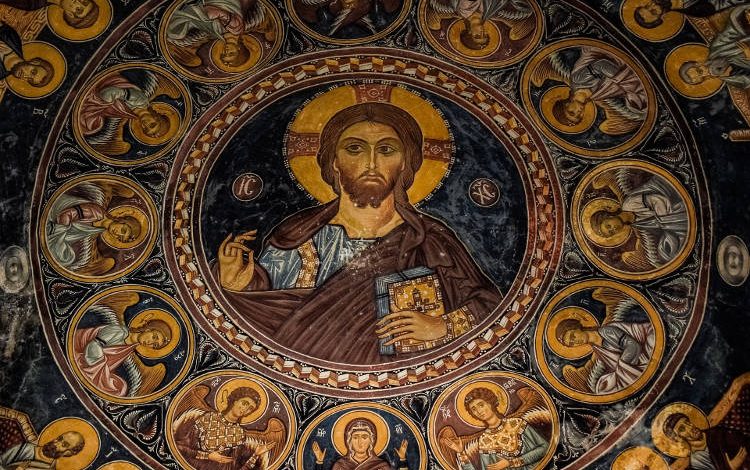
The Divine Liturgy begins with the Priest chanting: "Blessed is the kingdom of the Father and of the Son and of the Holy Spirit...", while raising the Holy Gospel above the Holy Altar and making with it the sign of the Cross.
Why does the Divine Liturgy begin with this particular doxology, which praises the "Kingdom of the Father and of the Son and of the Holy Spirit," and not God Himself? Let us take a brief look at what the Holy Fathers of the Church have said about this, as they have been deeply immersed in the interpretation of the Divine Liturgy since the 2nd century.
- Details
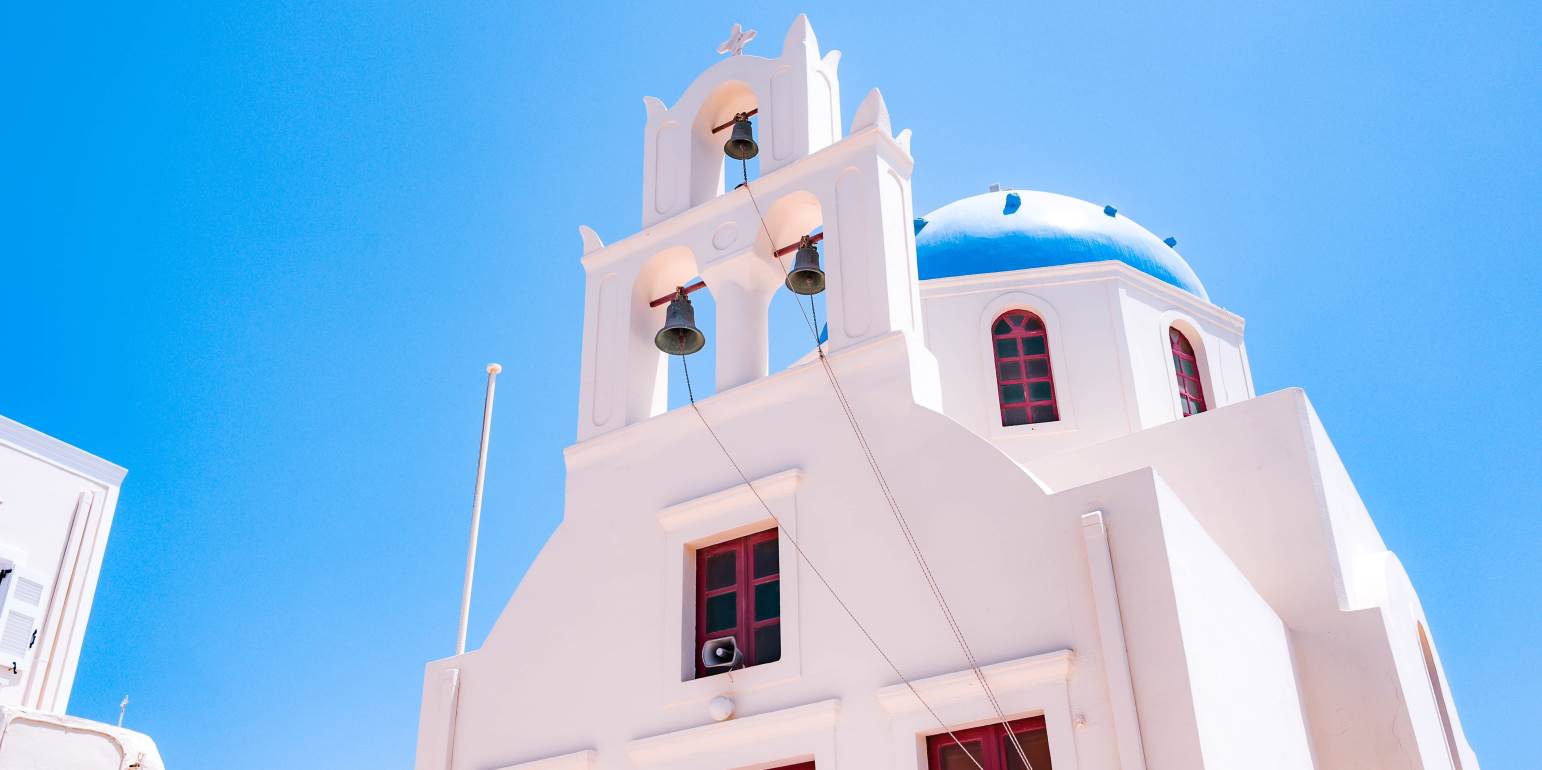
Every Sunday morning in Orthodox Countries (and elsewhere in the world where the law does not forbid it), the church bells solemnly ring to invite the faithful to come together as one family of God--in the Holy House of their Father. Everyone goes to the church for this Great Encounter, where hearts are moved by God’s mercy which is always present, even when we fall. It is also where we forgive those who have hurt us, because if we do not forgive them, then God will not forgive us. The priests and deacons also prepare, with a special short Service, so that their souls can worthily serve the Mystery of the Eucharist. They also ask forgiveness from everyone around them, and once vested according to their rank, prepare to offer the Divine Liturgy.
- Details
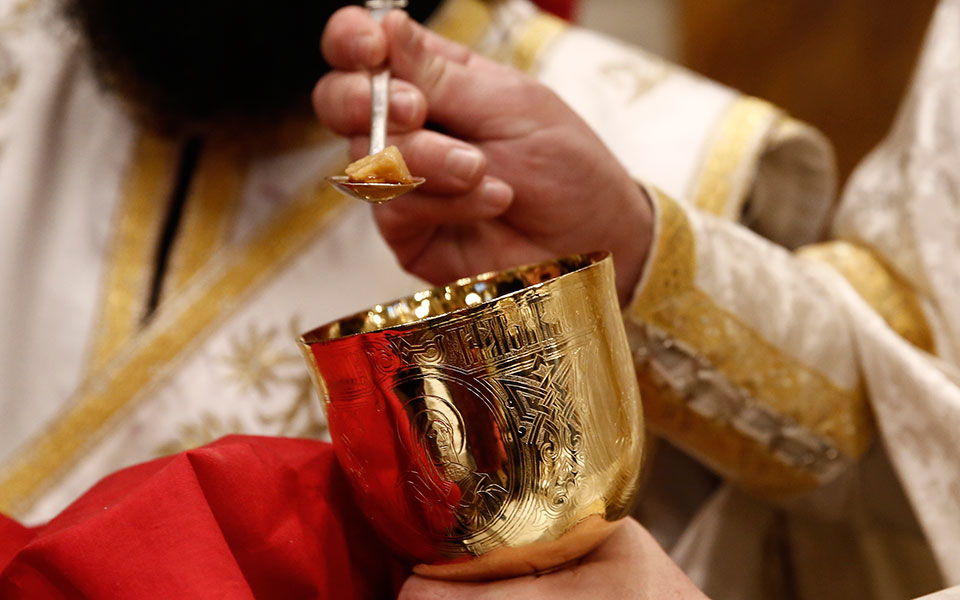
In our series of Sermons on the Mystery of the Holy Eucharist, we have tried in simple terms to explain the Lord’s words and actions at the Last Supper, when He delivered this Great Mystery to the Disciples before His arrest. We have focused only on the relevant words of the Lord, as quoted by the Holy Gospels and the Apostle Paul. I hope that all of our listeners have understood that out of great love for His Disciples, the Lord established the Mystery of the Divine Eucharist, so that He is not only in communion with the faithful, but also totally united with them. A union enacted through the very Holy Body and Blood of Christ!
- Details
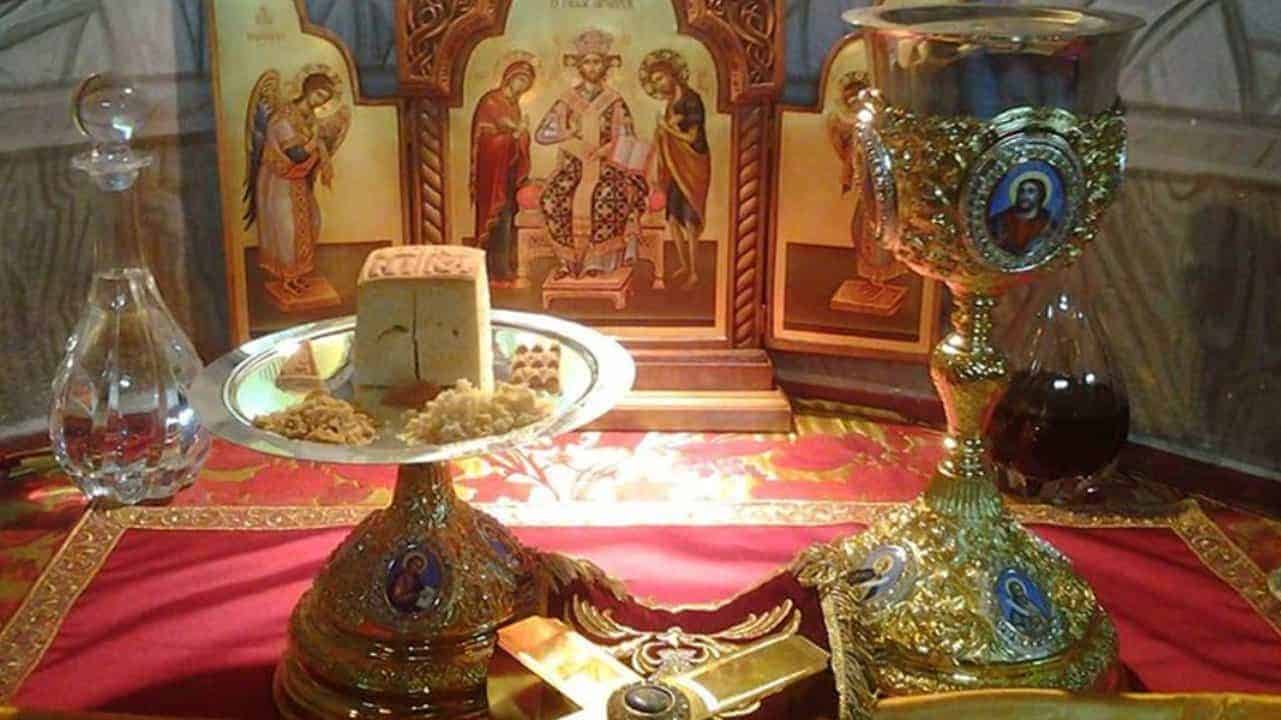
Throughout our previous sermons, we saw the establishment of the Mystery of the Eucharist by our Lord Jesus Christ, on the night of Holy Thursday, which has since been offered in every Divine Liturgy. In this the Lord unites Himself with Christians through His Holy Body and Blood, cleanses them from their sins, and sanctifies them. At the same time, the Mystery of the Eucharist rejuvenates the Church, and ensures the unity of its members. We also hear in the foundational words of this Sacred Mystery proclaimed by the Lord that His Blood, which is poured out for many for the forgiveness of sins and offered to the faithful to drink, seals the new covenant (see Matthew 26:28).
- Details
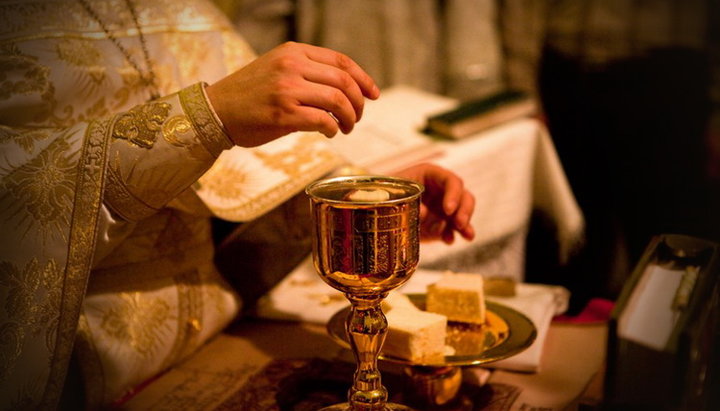
In the previous sermon, we established that the believer is united with the resurrected Body of Christ by partaking of the Holy Body and Blood of the Lord in the Divine Eucharist. By this the words of the Lord are fulfilled: "He who eats My flesh and drinks My blood abides in Me, and I in him” (John 6:56). In order to fully understand the broader dimensions of the Great Mystery of the Eucharist, it is necessary to answer the following question:
Why is it called the Mystery of Holy Eucharist?





